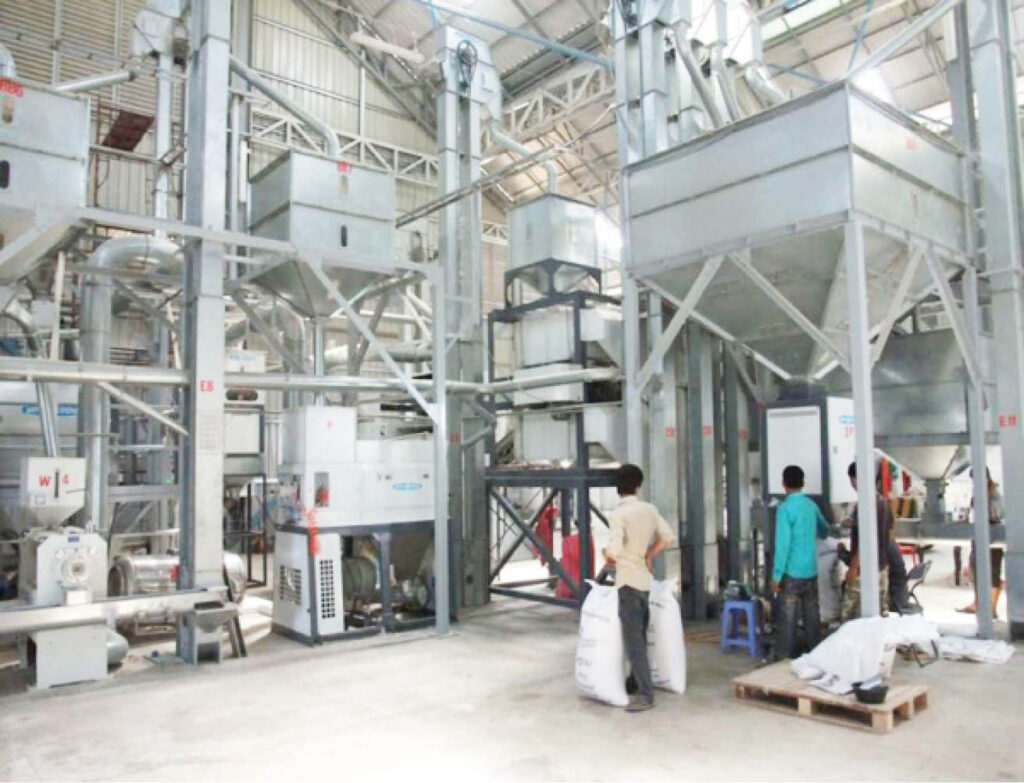[ad_1]
The Competitive African Rice Forum – Nigeria Chapter (CARF-FSD Nigeria), representing a broad coalition of rice farmers, processors, millers, marketers, NGOs, and development partners, has cried out over the threat facing Nigeria’s rice value chain due to policy to what it described as selective import waivers granted by the federal government.
Peter Dama, Chairman, Board of Trustees Competitive African Rice Forum and President Rice Millers Association of Nigeria noted that many local rice milling factories are shutting down because of the new policy.
Daily Trust reports that in July 2024, the federal government granted a 180-day duty waiver on the importation of key food items, including husked brown rice, which took effect in 2024.
SPONSOR AD
However, Dama in a press conference over the weekend noted that while intended to temporarily reduce food prices and combat hoarding, the waiver unintentionally triggered a sharp downturn in local rice market activity.
His words: “The 2024 Waiver Undermined a Decade of Progress as paddy demand collapsed, leaving farmers with unsold harvests, while local mills scaled down or shut down operations, because of the inability to compete with subsidised imports.
“Similarly, rural job losses mounted across rice-producing states, including Kebbi, Kano, Ebonyi, Plateau, Nasarawa, Jigawa, Ekiti, and Benue, Akwa Ibom, Adamawa and a host of other states, just as Youth employment and female-led processing clusters were decimated, reversing years of economic inclusion efforts.
“The ripple effects of the waiver are still crippling production, reducing future planting interest, and destabilising the rice sector’s economic foundation,” he lamented.
Speaking further, he noted that over 13 million metric tonnes of domestic milling capacity have been installed nationwide enough to meet and even exceed national demand.
However, this productive capacity is now grossly underutilised as imported and smuggled rice floods the market.
He recommended that the government “Ends selective import waivers on rice and related food commodities and all trade incentives should be transparent, time-bound, and equitable and also reaffirm rice as a protected strategic crop, deserving of policy continuity to protect over 5 million livelihoods directly dependent on its value chain.
“Also, the government should create a national rice buffer stock and offtake mechanism, to stabilise market prices during harvest cycles and support paddy production through access to irrigation,” he added.
Do you want to share a story with us? Do you want to advertise with us? Do you need publicity for a product, service, or event? Contact us on WhatsApp +2348183319097 Email: platformtimes@gmail.com
We are committed to impactful investigative journalism for human interest and social justice. Your donation will help us tell more stories. Kindly donate any amount HERE




